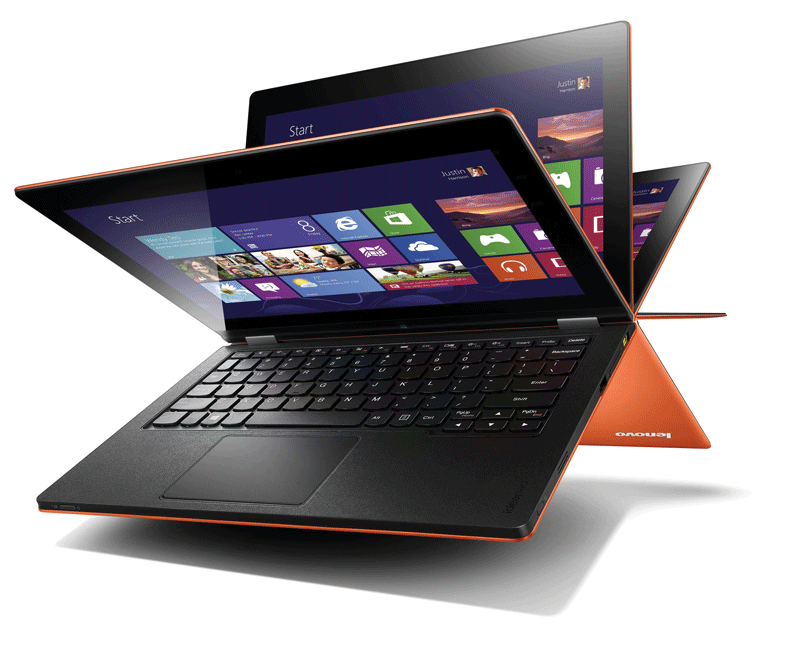A few weeks ago a good friend of mine made the mistake to ask, ‘Which tablet should I buy?’ After two hours and a long rant, I think he regretted asking that question.
The reason? Until a few years ago buying a tablet was easy, few products really competed with the iPad. Now, however, the choice is much more difficult.
The tablet market is very varied with products ranging in price from a few hundred euro to €1000. So are the more expensive tablets always better?
The answer has to be a resounding ‘no’. And the choice is not limited to budget. You would also need to consider size, both physical and memory-wise, OS (Operating System), and manufacturer.
The right choice mostly depends on the intended use. As an e-book reader alternative, a light and portable 7 to 8 inch tablet seems ideal. Here Google’s Nexus 7 proves an excellent budget choice, with the iPad Mini a more expensive but stylish alternative.
Size does matter. If you intend to use your tablet to browse the internet or watch movies a 10 inch tablet is your best choice. Here the iPad Air still provides a powerful tablet with an excellent display in a lightweight package. Equally strong and stylish are the offering from other manufacturers such as the leather cladded Samsung Galaxy Note and the waterproof Sony Xperia Z2.
If you wish to replace your laptop with a tablet, now you can. Windows based tablets as the Microsoft Surface Pro 2 add a clever keyboard and a full Windows 8.1 experience to provide a real alternative to a laptop. Hybrids such as the Asus Transformer, a netbook with a detachable screen, and the Lenovo Yoga show that functionality does not need to be sacrificed when opting for a tablet.
I could go on, and on and on…






Comments are closed for this article!